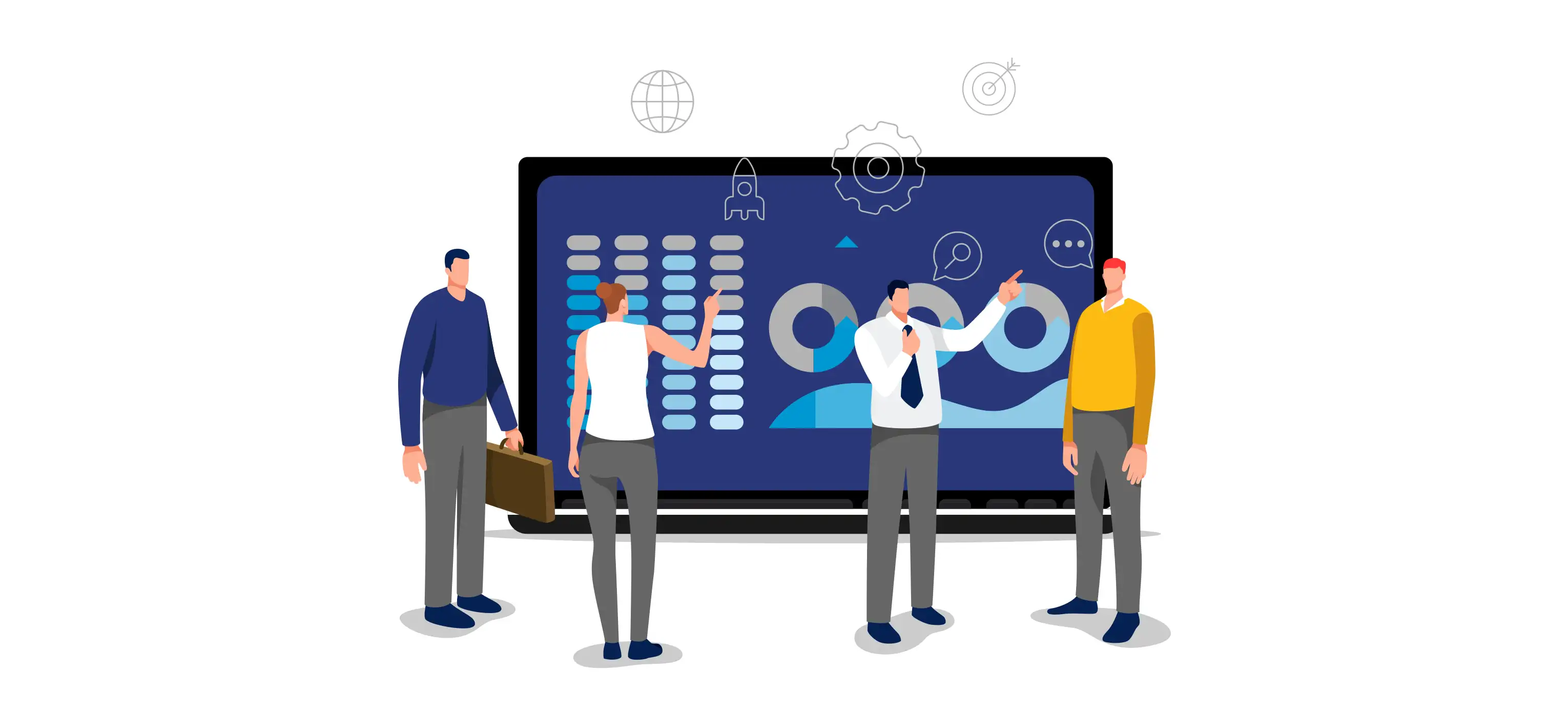 Surya Prasad
Mar 07, 2025
Surya Prasad
Mar 07, 2025

Completed your CPC certification? No idea where to go next or what to do now? You have certainly landed on the right page. We are here to help you with it.
After you have successfully become a certified professional coder, it is important that you take the right steps to landing the right career opportunity. To make it easier for you, below we discuss all the important steps that you must take after achieving this reputed certification. Let’s get started.
Find more: Benefits of CPC Certification
Below are the important steps you must take after completing your CPC certification;
The first and the most important steps you must consider after completing your CPC certification is to update your skills in the respective. As the healthcare industry keeps on evolving, remaining updated with the coding guidelines and regulations can help you get even better opportunities. You will eventually become a valuable asset to your service providers.
You can consider going for certifications like Certified Outpatient Coder (COC) or Certified Inpatient Coder (CIC). It can help you specialize in specific areas of coding. Not only this, it will further validate your skills and eventually help you benefit from even better career opportunities.
Check out: How to Prepare for AAPC CPC Examination
While certification is a great achievement, practical experience is equally important. Consider gaining hands-on experience through internships, externships, or entry-level coding positions. This will allow you to apply your knowledge in real-world scenarios, further develop your coding skills, and build a solid foundation for your career.
Networking and staying connected with other professionals in the field is crucial for career growth. Joining professional associations such as the American Academy of Professional Coders (AAPC) or the American Health Information Management Association (AHIMA) can provide you with valuable resources, networking opportunities, and access to industry events and conferences. Engaging with these associations can help you stay updated on industry trends and connect with potential mentors or job opportunities.
Continuing education is vital for maintaining your CPC certification and staying current with industry changes. The AAPC requires certified coders to complete a certain number of continuing education units (CEUs) every two years to keep their certification active.
Take advantage of various educational resources such as webinars, seminars, workshops, and online courses to earn your CEUs. These opportunities will not only help you maintain your certification but also expand your knowledge and keep you at the forefront of coding best practices.
Once you have gained experience and a solid foundation in medical coding, you may want to consider specializing in a specific area. Specializations such as anesthesia coding, evaluation, and management coding, or surgical coding can enhance your expertise and make you more marketable to potential employers.
With experience and additional certifications, you can explore advancement opportunities within the coding field. Positions such as coding auditor, coding supervisor, or coding manager may be within reach. These roles allow you to take on more responsibility, mentor junior coders, and contribute to the overall success of coding operations.
If you aspire to take on leadership roles or delve into healthcare administration, pursuing higher education can be a valuable next step. Consider obtaining a bachelor's or master's degree in health information management, healthcare administration, or a related field. This will provide you with a deeper understanding of healthcare operations, coding compliance, and management principles.
As your knowledge and experience grow, you may find fulfillment in sharing your expertise with others. Consider becoming a coding educator or consultant, either independently or within an educational institution. This role allows you to train aspiring coders, conduct coding audits, and assist healthcare facilities in improving their coding processes.
You may like: Medical Billing vs Coding
Lastly, it is essential to stay informed about industry changes, advancements in technology, and evolving coding regulations. Subscribe to industry newsletters, follow reputable coding blogs, and participate in relevant webinars and conferences. Adapting to changes and continuously learning will ensure your skills remain relevant and in demand.
Obtaining your CPC certification is a significant accomplishment, but it is just the beginning of your coding career. By advancing your knowledge, gaining experience, joining professional associations, continuing education, exploring specializations, considering advancement opportunities, pursuing higher education, becoming an educator or consultant, and staying informed, you can unlock a world of opportunities and achieve long-term success in the field of medical coding.
You might also be interested: Benefits of Certified Outpatient Coder Certification

Medical Coding Trainer
Surya Prasad is a Certified Professional Coder with years of experience. Currently, she holds the position of Medical Coding Tutor at Edoxi Training Institute in Dubai, UAE, where she imparts her knowledge and expertise to aspiring professionals in the healthcare industry. With her extensive training and certifications, Surya Prasad is well-equipped to provide valuable insights and guidance to students and professionals pursuing careers in medical coding and healthcare management.